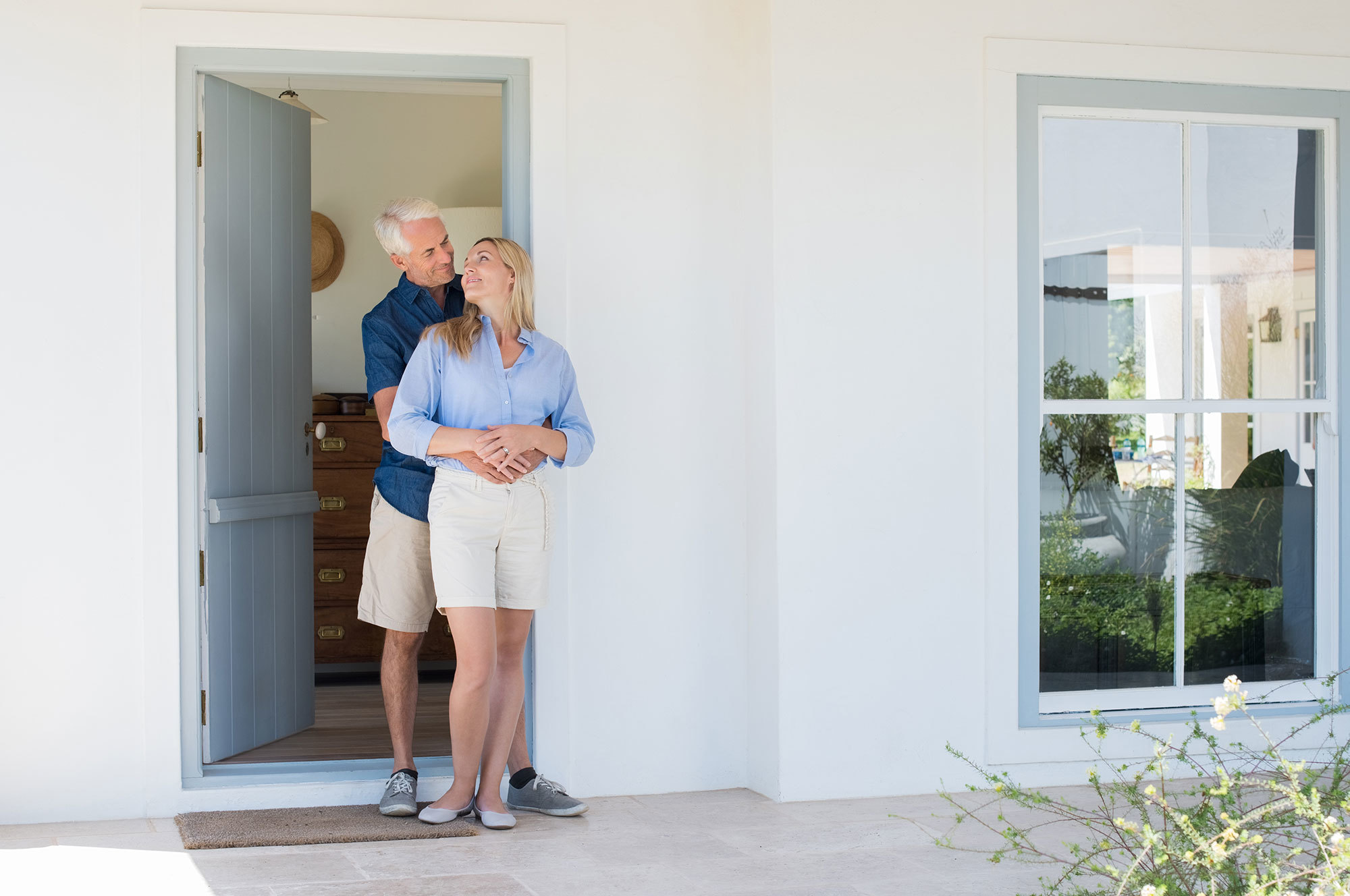Are you picturing your golden years filled with freedom, comfort, and zero home maintenance? That’s exactly what leasing a retirement home offers! Especially when it comes to leasing a retirement home in New Zealand, the options are flexible, secure, and surprisingly diverse.
Let’s dive deep into everything you need to know to make the right decision for your health, wellness, and peace of mind.
Why Leasing Is an Attractive Option for Seniors
Financial Flexibility
Who wants to tie up their hard-earned savings into bricks and mortar? Leasing keeps your capital free for travel, hobbies, or simply building a solid nest egg for unexpected needs.
Low Maintenance Lifestyle
No more lawn mowing, leaking roofs, or emergency plumbers at midnight. Maintenance becomes someone else’s problem, freeing you up to truly enjoy retirement.
Access to Amenities
Leasing often comes with built-in access to resort-style amenities — think fitness centers, swimming pools, hobby groups, and even on-site healthcare services.
Understanding Leasing a Retirement Home in New Zealand
How Leasing Works in NZ Retirement Villages
In New Zealand, most leasing arrangements follow what’s called an Occupation Right Agreement (ORA). Essentially, you pay a lump sum for the right to live there, but you don’t technically own the property.
Legal Framework and Regulations
The Retirement Villages Act 2003 governs these agreements, ensuring full disclosure and consumer protection. Operators are legally obligated to be upfront about costs, services, and your rights.
Common Lease Agreements in NZ
You’ll mostly encounter the license-to-occupy model. You pay an upfront fee, cover ongoing service charges, and when you exit, you typically receive a partial refund after deducting deferred management fees.
Key Benefits of Leasing a Retirement Home in New Zealand
Security of Tenure
Leasing provides lifelong security. You can stay as long as you’re able — no sudden evictions or property sales disrupting your life.
Peace of Mind for Families
Families sleep better knowing their loved ones are in a safe, monitored environment with healthcare services just steps away.
Community and Social Connection
Say goodbye to isolation. Retirement villages are vibrant communities offering social activities, clubs, and friendships that make every day brighter.
Potential Downsides You Should Know
Exit Fees and Costs
The catch? Exit fees. Most ORAs include deferred management fees that reduce your refund when you leave. Always read the fine print and get expert advice.
Limited Ownership Rights
Unlike owning your home, leasing means you can’t remodel or fully control the property. You may not benefit from any market appreciation either.
How to Choose the Right Retirement Lease Option
Assess Your Lifestyle Needs
Do you want an active community packed with events or a quieter, peaceful haven? Start with what makes you happy.
Evaluate Financial Implications
Crunch those numbers. Entry fees, ongoing costs, exit fees — it all adds up. A financial planner can help you map things out.
Visit and Inspect Facilities
Take tours. Talk to current residents. Observe staff interactions. Your gut feeling during these visits is often the best indicator.
The Leasing Process Step-By-Step
Initial Consultation
Start by sitting down with the village sales consultant to review available options, costs, and services.
Reviewing the Lease Agreement
Don’t sign anything without legal advice. Lawyers familiar with retirement village contracts can catch issues you may overlook.
Moving In
Once all papers are signed, it’s time to move in and start enjoying your new lifestyle. Many villages even help coordinate your transition.
Top Retirement Villages in New Zealand Offering Lease Options
Summerset
Summerset offers vibrant, modern communities with options ranging from independent living to full-care facilities.
Ryman Healthcare
Known for exceptional care levels and luxury facilities, Ryman offers peace of mind with its continuum-of-care model.
Metlifecare
Focused on wellness and community, Metlifecare combines beautiful locations with excellent amenities and support services.
Expert Tips for a Smooth Leasing Experience
Seek Legal Advice
Always consult a specialist lawyer. They’ll explain the fine print and ensure you fully understand your obligations and rights.
Plan for Long-Term Care Needs
Consider what happens if your health needs change. Many villages offer progressive care services that let you age in place comfortably.
The Future of Retirement Leasing in New Zealand
With New Zealand’s aging population growing rapidly, leasing a retirement home in New Zealand is becoming more popular than ever. Future developments may include:
- Smart home technology for better healthcare
- Eco-friendly, sustainable villages
- Expanded wellness services and medical care
- Stronger legal protections for residents
The trend is clear: retirement living is evolving into something much more dynamic, personalized, and health-focused.
Conclusion
Leasing a retirement home offers freedom from stress, financial flexibility, and a strong sense of community — perfect for anyone prioritizing health & wellness. But like any major life decision, it requires thorough research, smart financial planning, and professional legal advice.
If done right, leasing a retirement home in New Zealand can be the ticket to a peaceful, active, and fulfilling retirement.
👉 Discover tailored health & wellness solutions for your retirement at taohealth.co.nz — your trusted partner in aging well.
👉 Explore expert guidance on staying fit, healthy, and happy in your golden years at taohealth.co.nz.
FAQs
Q1: Can I customize my leased retirement home in NZ?
Generally, you can make minor changes, but significant renovations usually require village management approval.
Q2: Are pets allowed?
Many villages allow pets but check each village’s specific pet policy first.
Q3: What if my health changes after I move in?
Many villages offer additional care services, allowing you to transition smoothly as your healthcare needs evolve.
Q4: Do I pay property taxes when leasing?
Usually, the retirement village operator handles property taxes, but always confirm in your contract.
Q5: When should I start planning?
Start early — ideally 5–10 years before retirement — so you have time to explore all your options.





